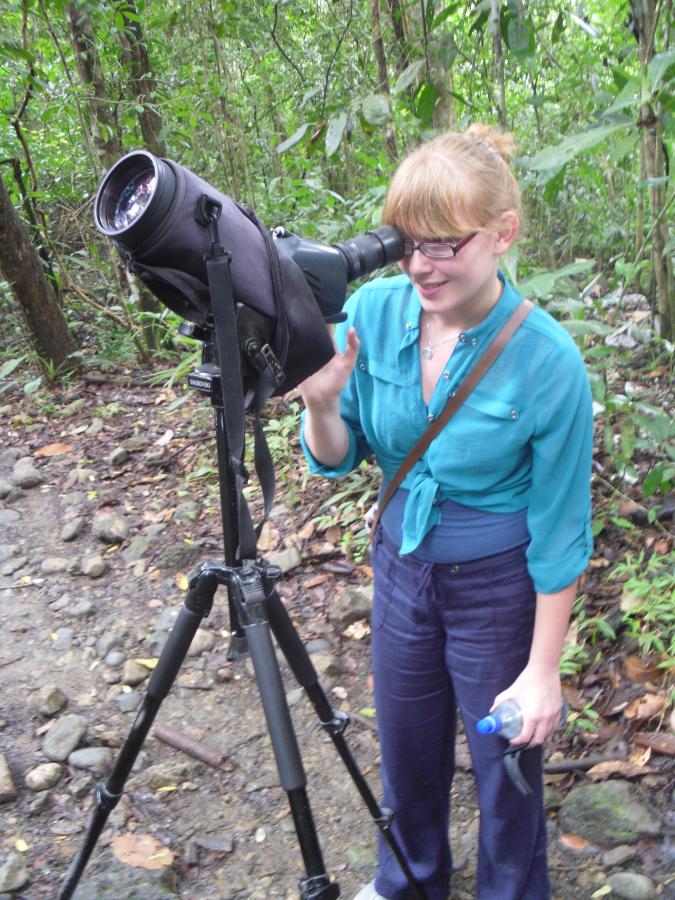
When I chose to take a volunteering trip to an orphanage in Costa Rica, it wasn't actually because I wanted to do good, particularly, but because I wanted to really master Spanish. Residential language schools were too expensive, but voluntourism seemed to offer a (relatively) affordable way to really immersive myself in the language by volunteering during the day, staying with a family in the evenings, and travelling at the weekends.
Prior to my trip, I hadn't given any thought to the negative impacts of voluntourism. I think it started getting negative press in mainstream contexts a year or so later, but my experience was really quite affecting and totally changed my outlook. For starters, I felt like I was really impinging on the families space. A family of five (three generations), they had a small three bedroom house, of which one was mine, one was the older brother's and mother, two daughters and a grandson shared the third. They were lovely, very welcoming and inclusive (relieved, I think, to have someone who spoke good Spanish) but I couldn't help feeling awkward about the amount of space I was taking up. They insisted on washing my clothes and cooking all of my meals, even when they didn't eat with me, which felt frankly colonial.
The orphanage itself was an eye-opener. Not because it was one of those dilapidated, neglectful environments that you do hear about, far from it; it was clean and welcoming, the staff clearly cared for the children, who were healthy and seemed happy. But the impact of the voluntourists was visible everywhere. I spent most of my time in the garden, which had a sheltered area for the children to do homework and play. This area was stacked in all corners with plastic boxes of toys brought by volunteers (because of course children in orphanages have nothing, right?) - I have never seen so many crayons in one place in my life, and that's coming from someone who has worked in nurseries. I added my plastic tea set and skipping ropes to the collection, never to be touched again. The staff didn't need me to help clean or prepare food, because that was their job. I could help out with homework now and again, but they didn't very much. I was at the orphanage for 3 hours a day in the week, and in the mornings I just sat in the house working on my Spanish grammar and or hanging out with volunteers on different programmes who were staying on the same street. I asked if I could go to the orphanage all day, but I wasn't allowed to as there was a different volunteer there in the morning. And besides, what more would there have been for me to do?
But the thing that really struck me was that the children couldn't be bothered to learn my name. I was just another 'Muchacha' who would swan in with another box of crayons and swan out again. Now, I have read quite a bit about the impact that short-term volunteers have on children's ability to develop healthy relationships, but even at the time that really hit me. Bearing in mind that most of these children weren't in fact orphans, but mostly had parents in prison or who, for whatever reason, were unable to care for them, they had undoubtedly already had a turbulent time regarding relationships with adults.
That's not to say it was the one and only time that I volunteered abroad. A year later, I learned a reasonable amount of Hindi before going to do an internship with a large charity in India, which I had hoped would be more structured and therefore I would be more useful. Not the case! Again, I found there wasn't actually anything for me to do and I was taking up space and food in already overcrowded homes in disadvantaged areas. This time, I had the confidence to say 'I am not being useful here', and I left my internship, instead, meeting with several different children's charities to see where I would have something to offer.